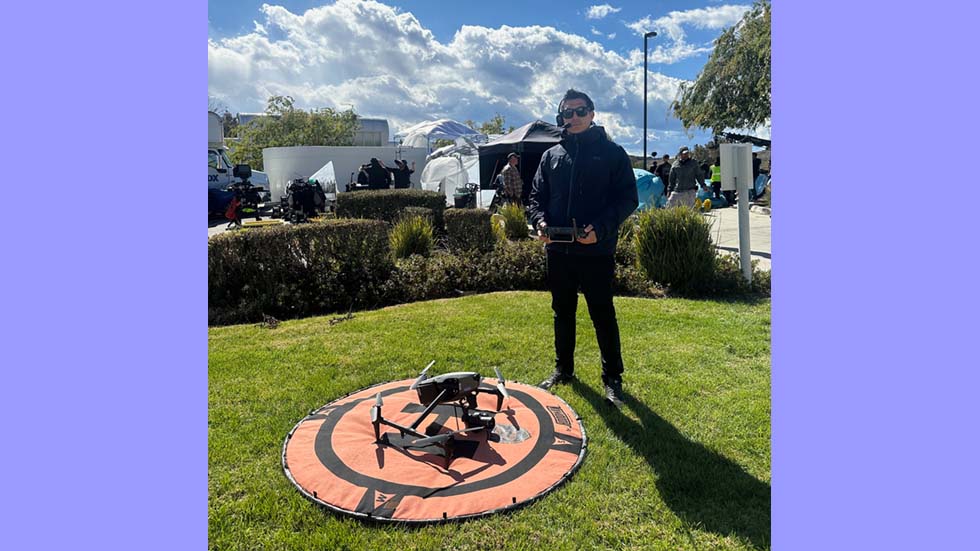FCC changing DTV ground rules
In a Notice of Proposed Rulemaking (“NPRM”) released in January, the FCC proposed adjustments to its rules and policies governing the DTV transition.
In November 2001 the FCC permitted DTV stations to go on the air with lower-power, and therefore less expensive, facilities and suspended its requirements that stations replicate or maximize their service areas and select their post-transition channels. In connection with its periodic review of these measures, the FCC is proposing the following changes in these policies:
Channel election. The FCC proposes May 1, 2005, as the channel election deadline for commercial and noncommercial broadcast licensees with two in-core assigned channels, and seeks comment on alternative deadlines.
Replication and maximization for DTV channels within the core spectrum. The FCC proposes to end replication and maximization interference protection for the top four network affiliates (i.e., ABC, CBS, FOX and NBC) in markets 1-100 as of July 1, 2005; and for all other commercial DTV licensees, as well as noncommercial DTV licensees, as of July 1, 2006.
Intermediate coverage requirement. The NPRM asks whether the FCC should adopt an intermediate signal coverage requirement beyond a broadcaster's current obligation to cover its community of license, expanding into nearby areas of the market.
Channels 52-69. The NPRM also seeks comment on replication and maximization interference protection deadlines for stations operating on TV channels 52-69 in order to speed the clearing of the 700MHz band for use by new services, and to ensure continued progress in the digital transition.
Audience penetration. The Communications Act states that licenses for analog television service expire on Dec. 31, 2006, except where DTV is not available to 85 percent or more of viewers in the “television market.” The NPRM seeks comment on when stations should file an extension request with the FCC on this basis, how the FCC should define a “television market” for purposes of this provision, how it should interpret the requirement that digital-to-analog converter technology be “generally available” in a television market, and how it should interpret the test to determine if at least 85 percent of viewers have access to digital broadcast signals.
Get the TV Tech Newsletter
The professional video industry's #1 source for news, trends and product and tech information. Sign up below.
The NPRM raises a number of other issues, including whether the FCC should retain, revise or remove the requirement that licensees simulcast a certain percentage of their analog channel on their DTV channel; whether and how the FCC should license multiple lower-power transmitters, similar to cellular telephone systems; whether the FCC should adopt digital V-chip requirements; and what station identification requirements should apply to digital stations.
Commissioner sworn in
Jonathan Adelstein (pronounced “ADD-dull-steen”), a Democrat, joins Republican Commissioners Kathleen Abernathy, Kevin Martin and Chairman Michael Powell, and Democrat Michael Copps on the FCC. Although the White House nominated Adelstein for the position in November 2001, he sat in the wings for a year waiting for Congress to confirm his nomination, which occurred in November 2002. The 40-year-old former senior legislative aide and history professor was sworn in on Dec. 3, 2002. He will complete the term of departed Commissioner Gloria Tristani, which expires June 30 of this year. It is assumed that he will then be reappointed for a full term.
Adelstein made his debut speech as a commissioner at the Future of Music Coalition Policy Summit 2003 in Washington, DC, on Jan. 6. It was there that he accompanied R&B legend Lester Chambers on the harmonica and, as both a musician and a commissioner, spoke of his soft spot for community-oriented broadcasters, his cautious approach toward media ownership and his fear of the impact overconsolidation could have on diversity and localism. Additionally, he has emphasized the need for broadcasters to take advantage of technological advances such as broadband, Wi-Fi, satellite radio and digital cable to take their programming to more people and allow the marketplace of ideas to flourish.
Harry C. Martin is an attorney with Fletcher, Heald & Hildreth PLC, Arlington, VA.
Dateline
April 1 is the deadline for biennial ownership reports for stations in Delaware, Indiana, Kentucky, Pennsylvania, Tennessee and Texas.
Send questions and comments to:harry_martin@primediabusiness.com
